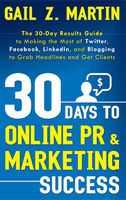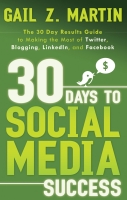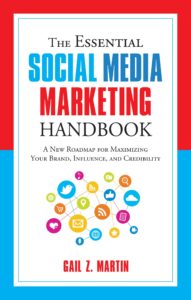Productivity takes a hit if you have to spend time cleaning up a mess. The bigger the mess, the more time gets wasted on clean-up. Needless to say, preventing or containing messes can boost productivity and give you peace of mind, which enables you to keep your focus on your top priorities.
That’s why it’s so important to know what’s being said about you and your company online, and who’s saying it. “Reputation management” refers to being aware of what is being said about you online so that you can work to remove inaccurate or defamatory content, respond to legitimate complaints, and capture positive comments and testimonials. The term can also refer to techniques to reduce the impact of unfavorable content via search engine optimization techniques.
Let’s be clear: If you’ve done something unethical or have shoddy business practices, you’re better off cleaning up your act and making restitution than trying to suppress legitimate negative comments. If you have done a previous crime, learn how to get a mugshot removed from google. And as discussed in the chapter on online directories, other people have a right to their opinions and to speaking those opinions online. They aren’t required to like your products and they may say so publicly. Reputation management should never be seen as a way to cover up bad business practices.
That said, it is important to understand how you and your company are viewed in the marketplace so that you can make course corrections as needed or reap the benefits of glowing reviews. And, inevitably, incorrect information will make its way online, so it’s also important to have a way to become aware of erroneous content and straighten out misunderstandings. We perform all of these tasks daily in the real world, without really thinking about it. Reputation management is just the online equivalent of staying plugged into the grapevine to see what others are saying.
Excerpted from 30 Days to Virtual Productivity Success by Gail Z. Martin







